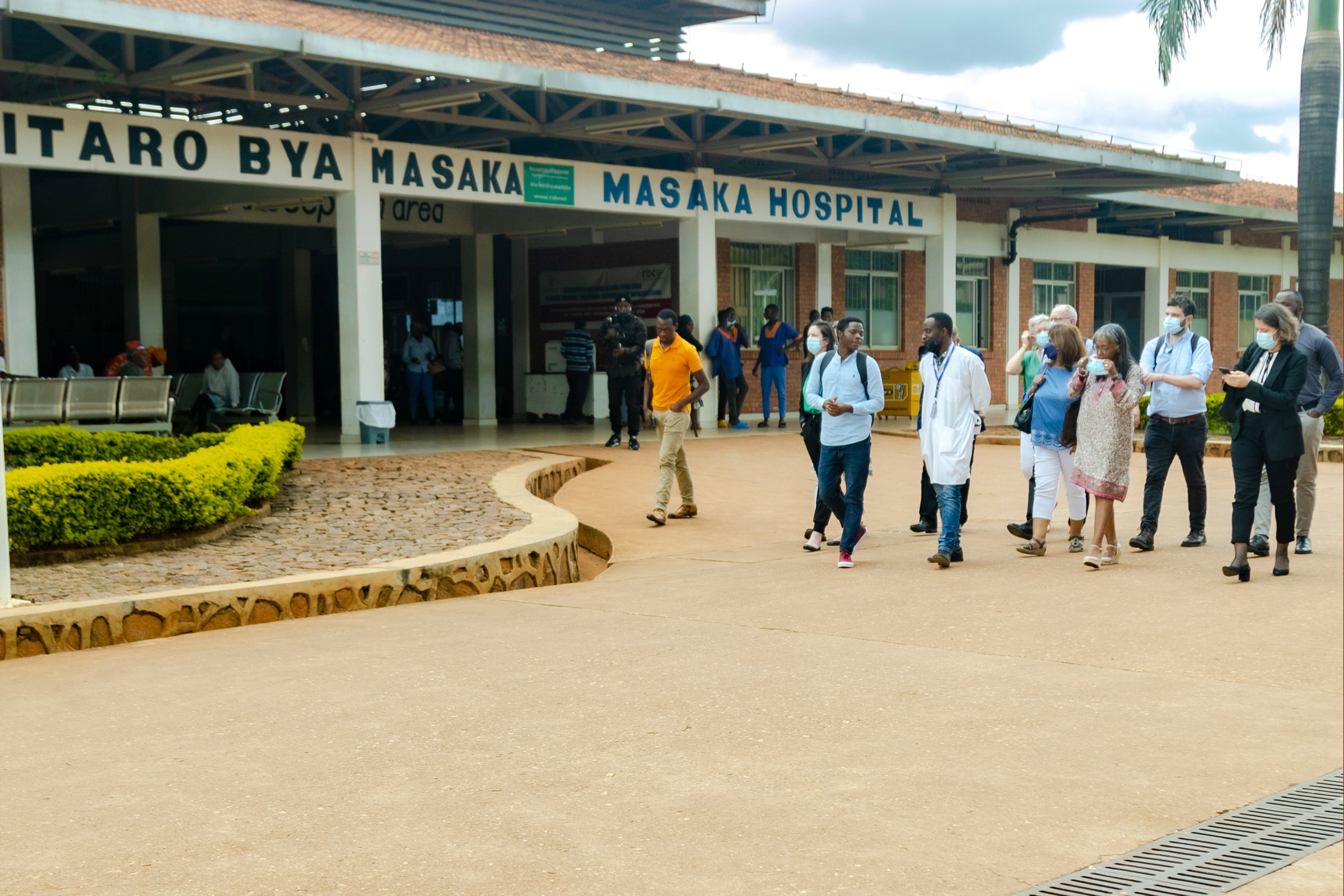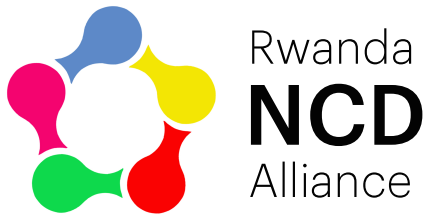Name
Bridging the cancer care gap for women in Rwanda
Harmful gender norms mean that women often face limited access to quality health services and are more exposed to noncommunicable diseases (NCDs) and their risk factors, resulting in a range of health, economic and social consequences, especially in low-resource settings. Rwanda’s recently launched Patient Navigation initiative is trying to change this by improving access to cancer screening, diagnosis and care.
Like other NCDs, the cancer burden in Rwanda is increasing. However, data covering the 2007-2018 period from the country’s newly established cancer registry strongly suggests that the majority of cancer cases in Rwanda are never diagnosed or treated. For example, WHO’s Global Cancer Observatory estimates breast cancer cases in Rwanda at 1,131 new cases annually, whereas annual cases recorded in the national registry are just 217. This indicates that only 20 percent of new cases are receiving medical attention.
The Patient Navigation initiative aims to save women’s lives by bridging this gap. It is being implemented by the Rwanda NCD Alliance in the City of Kigali, in close collaboration with the Rwanda Ministry of Health, Rwanda Biomedial Center (RBC), International Cancer Institute (ICI), Rwanda Military Hospital and Masaka District Hospital.
The aim is to decrease morbidity and mortality from breast and cervical cancers through greater access to screening and early detection, as well as improved diagnosis and treatment of benign and malignant conditions.








